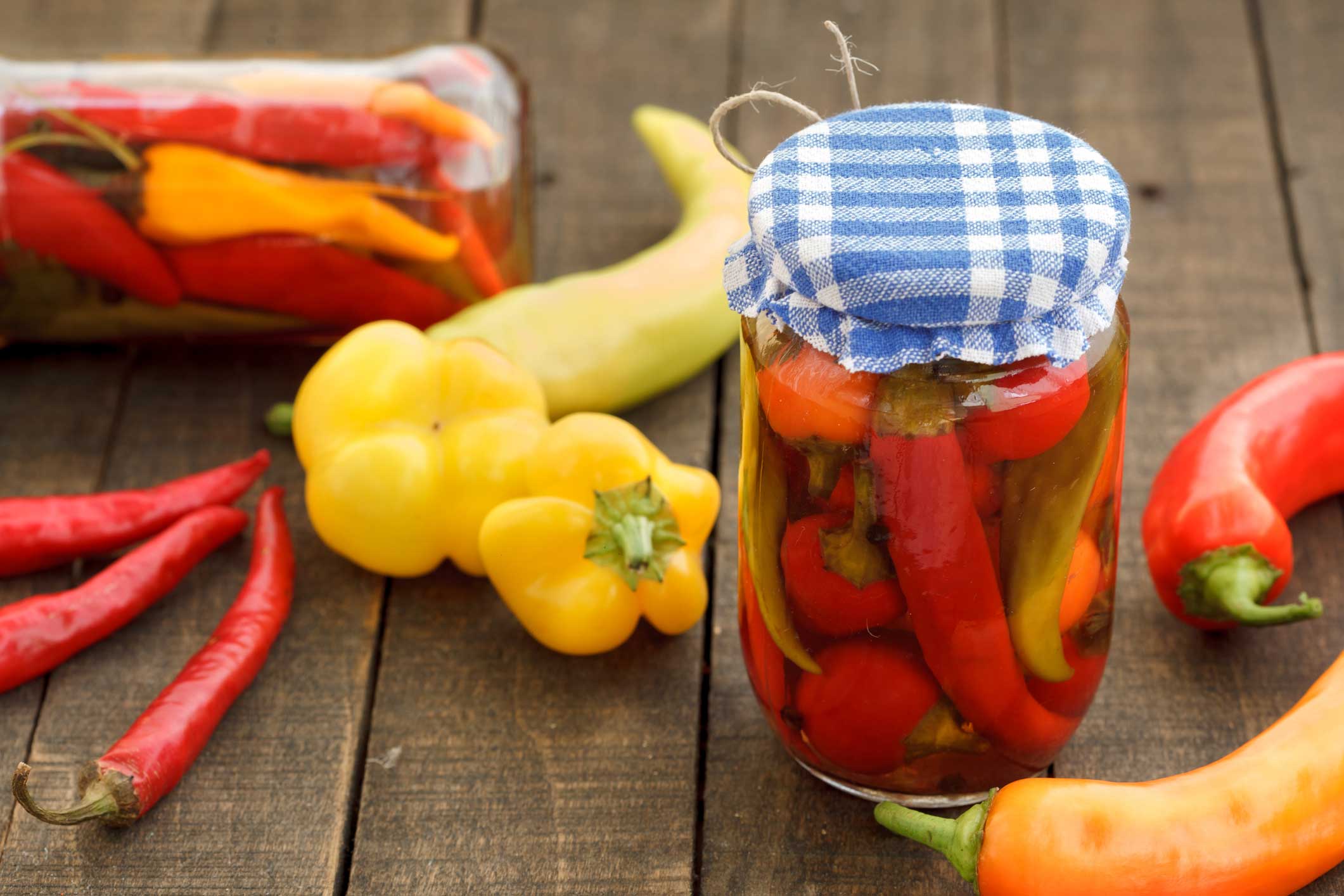
Q: One of your columns mentioned cultured vegetables. What would they be?
Lauren, Southington
A: Cultured vegetables, also known as fermented vegetables, are made during a process called lacto fermentation — an ancient type of food preservation that may enhance the nutrient content of a vegetable (or food). It is called lacto fermentation because lactic acid bacteria such as Lactobacillus brevis, Lactobacillus planetarium and other beneficial bacteria naturally preserve the food by decreasing the pH and crowding out (preventing the growth) of harmful bacteria. Other foods produced by lacto fermentation are yogurt and kefir.
During fermentation, beneficial bacteria (probiotics) — either occurring naturally on the surface of the vegetables or controlled through the introduction of a starter culture — begin to digest (ferment) the vegetables, making it easier for our body to absorb certain nutrients and also provide enzymes that support digestion.
Cultured vegetables have a characteristic tart or tangy flavor similar to yogurt and kefir. Kimchi, for example, is lacto-fermented cabbage that is found in Asian markets and can also be found at the supermarket in a refrigerated case near bean sprouts and wonton wrappers. Kimchi should be stored in the refrigerator even before you open the jar because the probiotics are alive and actively fermenting the vegetables as evidenced by the formation of bubbles. Kimchi, unlike sauerkraut, has not been heat treated to make it shelf stable.
Sauerkraut and sour pickles are lacto fermented however, commercially available versions have been heat treated to make them shelf stable and therefore do not contain the benefits of live probiotics found in yogurt, kefir, kimchi, and homemade cultured vegetables.
If you are interested in making cultured vegetables at home, there are a few things to consider:
- Do I have the right equipment to ferment vegetables at home?
- How do I prepare (chop or grate?) vegetables for lacto fermentation?
- Should I use salt, whey, or a starter culture to ferment the vegetables?
For more information about fermenting vegetables, and to buy starter kits to make your own cultured vegetables or yogurt visit Cultures For Health.
Brenda Viens is a Community Life Skills Dietitian for Backus Hospital and Thames Valley Council for Community Action. Email her at Brenda.Viens@hhchealth.org. Have a nutrition question for Brenda? Email her at Brenda.Viens@hhchealth.org.

